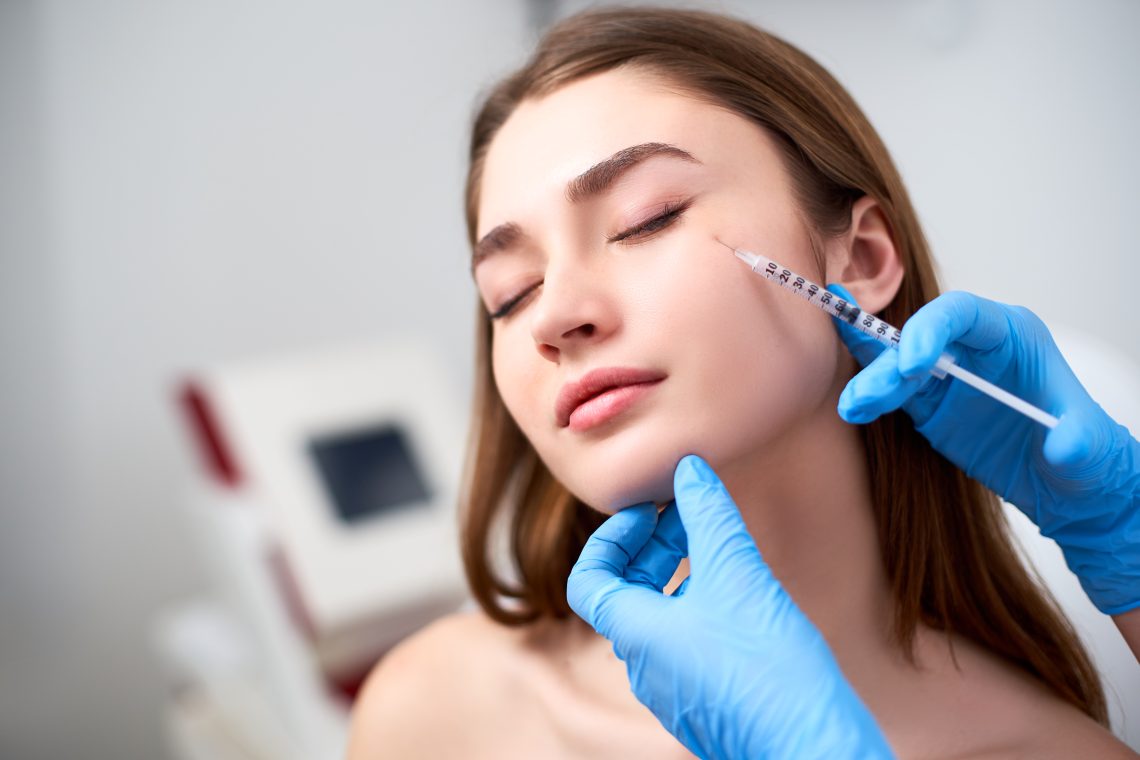Cheek filler, also known as cheek enhancement, is an effective non-surgical treatment that helps you restore facial volume, create balance among facial features, and maintain a revitalized and youthful appearance. If you are considering cosmetic treatment, here are six things you need to know about cheek filler to make an informed decision.
Cheek fillers are non-surgical treatments
If you are looking for a non-surgical procedure to enhance your facial appearance, you should consider getting a cheek filler. Cheek filler is a cosmetic treatment whereby the healthcare provider injects dermal fillers above and around the cheekbones. No surgery is needed. A cheek filler takes 30 minutes to inject, giving you elevated cheekbones, increased volume where there is a deficit to your mid-face, and a youthful appearance, which is evident in the cheek filler before and after pictures.
There are different types of cheek filler
Cheek fillers vary according to the results you want to achieve. Before the procedure, discuss your treatment goals with your healthcare provider to determine the best cheek filler option. Below are the different types of cheek filler:
Juvederm voluma. This type of cheek filler increases facial volume and minimizes signs of aging.
Hyaluronic acid (HA). HA is a standard filler used to keep the skin hydrated and restore lost volume, giving you a fuller and youthful appearance.
Polymethylmethacrylate (PMMA). PMMA are small collagen beads injected into your cheeks to give them structure and firmness
Restylane contour. Restylane contour helps with midface contouring and cheek augmentation. It gives your face a more balanced appearance and restores volume.
Calcium hydroxylapatite (CaHA). CaHA dermal injections help smooth wrinkles and deeper lines. They also add fullness to your cheeks, giving you a smooth, youthful facial appearance.
Cheek fillers can last up to 24 months
Cheek fillers are not a permanent cosmetic solution. How long a filler lasts depends on the type of filler injected, the severity of your problem, and the amount of filler injected. With that being said, most fillers last between 6-24 months. For instance, Juvederm Voluma lasts 10-24 months, while a Restylane contour lasts 6-12 months.
Cheek filler has a quick recovery time
The cheek filler procedure takes 20 to 30 minutes. The recovery time is also quick, usually a few days after the treatment. To improve the results and recovery time, be sure to:
- Avoid alcohol
- Quit smoking
- Avoid applying lotions and makeup to the affected area for a few hours
- Do not touch the treated area
Cheek fillers have side effects
Cheek filler is a low-risk cosmetic treatment. However, temporary complications could occur after the procedure. They include:
- Redness
- Itchiness
- Bruising
- Bleeding
- Vascular occlusion
- Swelling and tenderness
With that being said, cheek filler complications often go away within two weeks. Visit your healthcare provider if the complications go beyond this period or when the filler moves to another part of your face for assistance.
Not everyone is eligible for cheek filler
Although cheek filler is a low-risk treatment, not everyone can get it. You should not get dermal fillers if:
- You are pregnant or breastfeeding
- You have a bleeding disorder like thalassemia or hemophilia
- You are allergic to synthetic products
- You have skin illnesses
Endnote
Cheek filler provides an effective way to maintain a youthful, beautiful appearance. Like other medical treatments, do your due diligence before the procedure to establish that cheek fillers are suitable for you.
Read more lifestyle articles at ClichéMag.com
Images provided by Deposit Photos, BingAI, Adobe Stock, Unsplash, Pexels, Pixabay & Creative Commons



